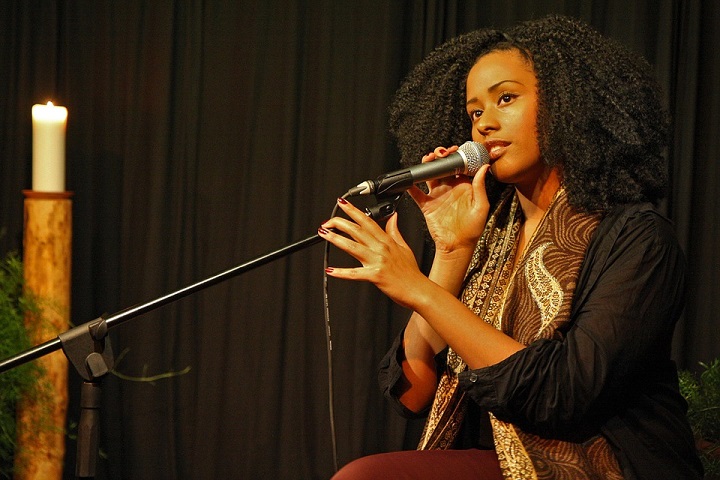Education leaders are continuously on the lookout for a new method or technique to improve academic performance, or a way to create better schools. As The 74 reports, one of the latest school models shows that what’s old is new again: single-sex education.
“In the past two years, new single-sex charter middle schools have opened in Denver, Los Angeles, and El Paso, Texas. School leaders say having only girls or only boys makes their school communities feel like families, increases student confidence, and provides a safe place for students to develop their identities,” according to the news site.
Nick Jackson, founder of The Boys School of Denver, said he believes the single-sex environment benefits both genders because students are less concerned about being judged, and therefore more willing to speak up to build a community with their classmates.
“At a time in education where everybody’s looking for this magic silver bullet of what works and the pendulum is swinging back and forth, what we know works in education is really simple, right? It’s a simple solution to a complicated problem—it’s creating relationships, it’s establishing a sense of belonging. What these boys need more than anything else is, quite simply, love,” he said.
The Boys School of Denver, which launched this year with 90 6th-graders, is predicated on building a brotherhood where students can feel like they part of something bigger, Jackson said.
“It’s the missing ingredient in a lot of education. Once these boys feel (love), they feel like they are part of this team, this brotherhood, there’s no telling what they can accomplish,” he told The 74. “And that’s really what we try to do—we try to keep it simple that way. And the single-gender piece helps that: We can create that brotherhood—all the students are already coming in with one thing in common.”
The Denver school is part of a larger GALS charter school network, which also runs an all-girls middle school in Los Angeles called GALS LA. Carrie Wagner, executive director of GALS LA, said she attended an all-girls high school and can attest to the benefits of the single-sex education environment.
“I just got my voice at a very young age, and I never lost it,” she said.
Without the influence of boys, girls at GALS LA, which opened in 2016, often comment about how they can better express themselves and stand up to others at the school, Wagner said.
“There’s this whole idea of being ‘mean girl.’ There can be the mean-girl thing or there can be this amazing bond of sisterhood,” Wagner said, adding that “parents come up to me in tears” because they’re grateful for the positive environment at GALS LA.
“The feedback’s been amazing,” she said.
Single-sex education could also fill the bill of creating what researchers of the Institute for Advanced Studies in Culture refer to as a “thick culture.”
As Dr. Ashley Berner of the Johns Hopkins School of Education has said, “A strong school culture means something very different from a friendly school, or a high-achieving school, or a school with few discipline problems. Rather, it means a school where the moral vocabulary, rituals, discipline, academic expectations, and relationships align. Such a school can define its mission, hire faculty, and attract students and parents based upon a shared vision.”
Whether or not single-sex schools can deliver on their educational promises remains to be seen.
Moreover, critics see these schools as perpetuating gender stereotypes and inequities.
Nevertheless, it’s an indication of the possibilities available to public schools, both district and charter, as they seek to build a unique and thick culture that will form the intellectual and moral virtues of their students.


